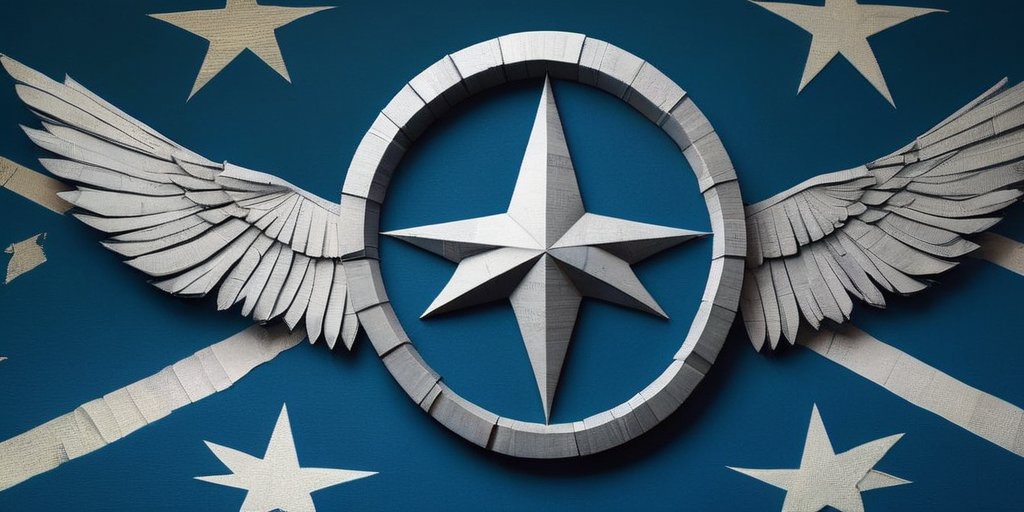Donald Trump’s recent actions and statements poised to reshape the global order have left Europe’s leaders in a state of urgent deliberation. As the 45th President of the United States, Trump’s approach to foreign policy marks a decisive departure from the commitments established since 1945, paving the way for what many are calling a significant shift in the West’s security dynamics.
The wake of World War II saw the United States ascend as the leader of the free world, following the Truman Doctrine’s introduction, which stressed the necessity of protecting free peoples from external pressures. Since then, NATO has functioned on the principle of collective defense as enshrined in Article 5 of the North Atlantic Treaty. However, Trump’s presidency has ushered in an unprecedented reconsideration of these foundational values.
One of Trump’s most controversial stances involves his critique of NATO and the perceived financial underperformance among European allies. During a bilateral meeting earlier this month, Trump bluntly stated, “If [NATO countries] don’t pay, I’m not going to defend them,” highlighting his belief that Europe must take greater responsibility for its own security. This sentiment aligns with earlier criticisms he made about other nations taking advantage of U.S. military protection.
Moreover, the leaked messages from within his administration showcase a growing frustration among Trump’s top officials regarding perceived European freeloading when it comes to security initiatives. The Vice President’s comments about hating to bail Europe out again reflect a sentiment that European nations need to bolster their defensive capabilities substantially.
Trump’s positioning also raises concerns about the potential abandonment of traditional U.S. commitments to NATO, particularly with his indications about Russia’s ambitions. By implying that Ukraine may not receive NATO membership and hinting that Russia should retain territory it has lost, Trump sends mixed signals to both allies and adversaries. This stance has the potential to shift the balance of power in Europe, as nations ponder their own defense preparations amid an uncertain partnership with the United States.
As questions loom about whether Article 5 can still be relied upon to invoke collective defense in the wake of potential aggression from Russia, European leaders are scrambling to bolster their military capabilities and strategies independently. Some experts caution that the “damage Trump has done to NATO is probably irreparable,” underscoring the urgent need for Europe to reassess its security architecture.
Ed Arnold at RUSI emphasizes that the developments symbolize a structural change in U.S.-European relations, which is likely to persist long beyond Trump’s presidency. The fragmentation of Western unity contributes to apprehension regarding geopolitics, leading commentators to argue that Europe must develop a stronger military-industry complex to ensure its defense strategies are not solely reliant on U.S. intervention.
Under the current trajectory, Europe is now tasked with building up its forces, securing self-reliance in defense matters, and fostering unity among allies who have, until now, been accustomed to American guarantees of security.
As the current landscape evolves, the prospect of a new world order looms larger than ever, with Trump’s approach reshaping the discourse around international alliances and the role of major powers in global governance. With sustained efforts, the hope is that Europe can unite to counter external pressures and create a resilient security framework that does not depend entirely on U.S. commitment, engaging instead in self-sustaining defense initiatives to counter threats and maintain stability.
In summary, Trump’s presidency may very well catalyze a reconfiguration of international partnerships and security commitments, leading to a potentially fragmented West where Europe must evolve to safeguard its own interests and longevity.
